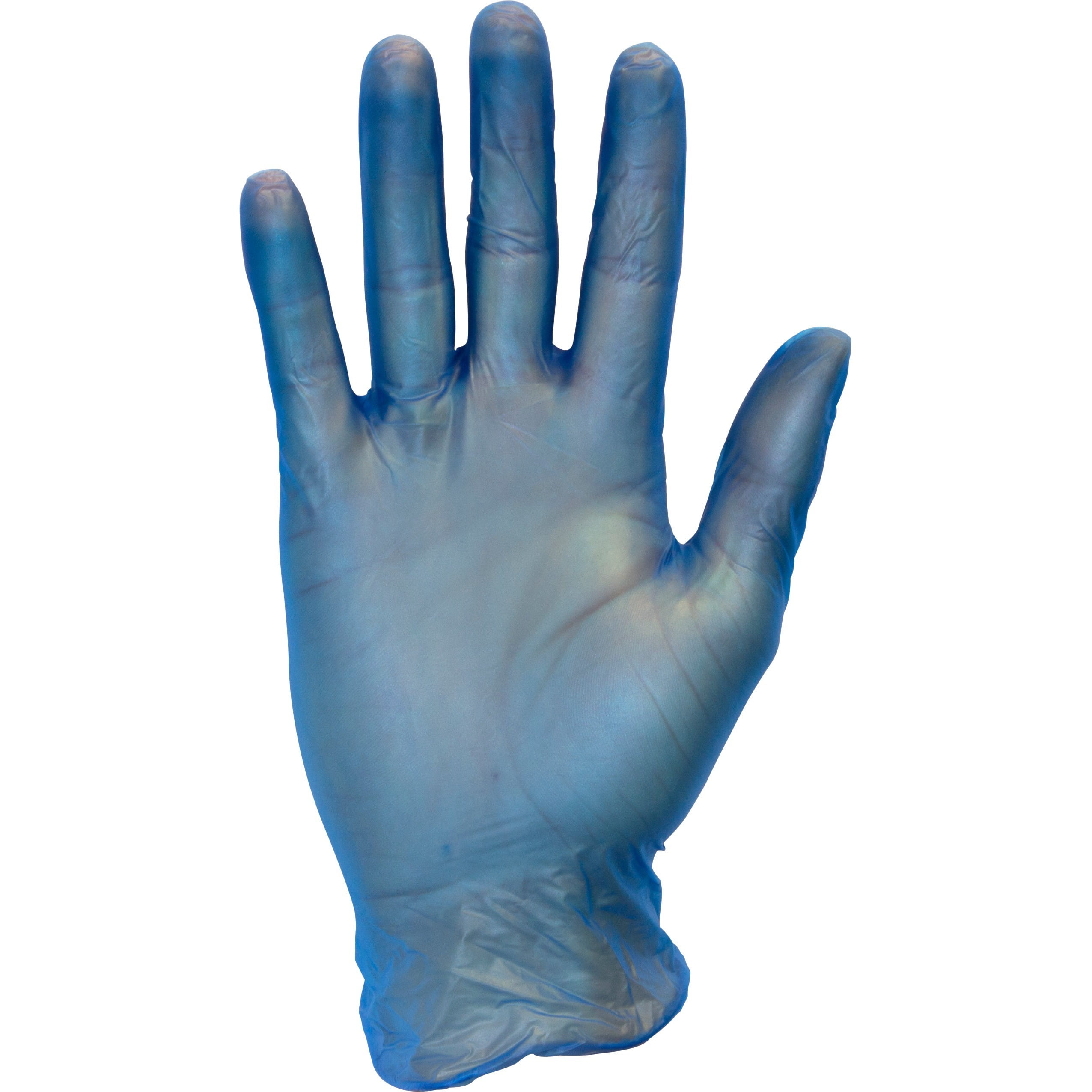

The purpose of this test is to manage the release and transfer of trace levels of plastics or chemicals on food and foodstuffs that may be hazardous to human health. Gloves that have passed BS EN1186 testing are certified as safe to use with edibles, as well as with or around food stuff, which might encompass everything from chopping boards to food-containers and packaging, to utensils and catering equipment. You must be wondering what this BS EN1186 certification is? They are a cost-effective alternative for jobs that need the removal and disposal of gloves on a frequent basis, such as customer-facing food service positions. With the exception of greasy or fatty meals, vinyl gloves certified to BS EN1186, are regarded as safe for contact with food. Vinyl gloves protect cleaners and caregivers from low-risk chemicals such as detergents and cleaning agents, as well as aiding in the prevention of contamination from human fluids commonly encountered in care work. Vinyl gloves are an excellent choice for low-risk cleaning chores that do not entail contact with dangerous materials such as strong chemicals but require contamination protection from infections and human fluids. Let us get into details about how and where vinyl gloves are used 1.) Cleaning and care work They are ideal for use in the food and beverage industries. However, the uses for vinyl gloves extend far beyond simple food preparation, and the advantages outweighs the costs.Īlthough vinyl gloves are not as sturdy and durable as nitrile or latex gloves, they are commonly used in food handling, food preparation, low-risk health care applications, light cleaning or manufacturing duties.īecause of the minimal amount of protection provided, these gloves are typically used in non-hazardous circumstances and low-risk infection conditions. Vinyl gloves, like latex, come in a variety of thicknesses and powdered or unpowdered alternatives.īecause of their low cost, vinyl gloves have been a popular choice for the food industry for decades. It is incredibly cheap to produce, thus the gloves are quite cheap to buy. Vinyl gloves have a longer shelf life than latex gloves, which generally degrade over time since they are synthetic and non-biodegradable. Vinyl is a non-biodegradable, protein-free synthetic substance derived from polyvinyl chloride or most commonly known as PVC.


 0 kommentar(er)
0 kommentar(er)
